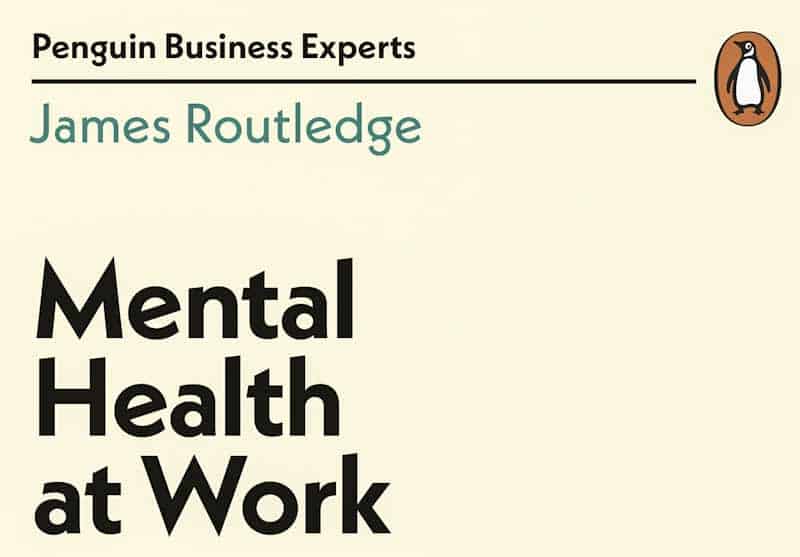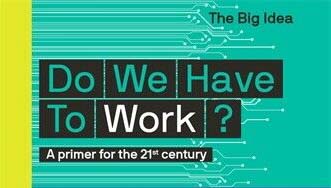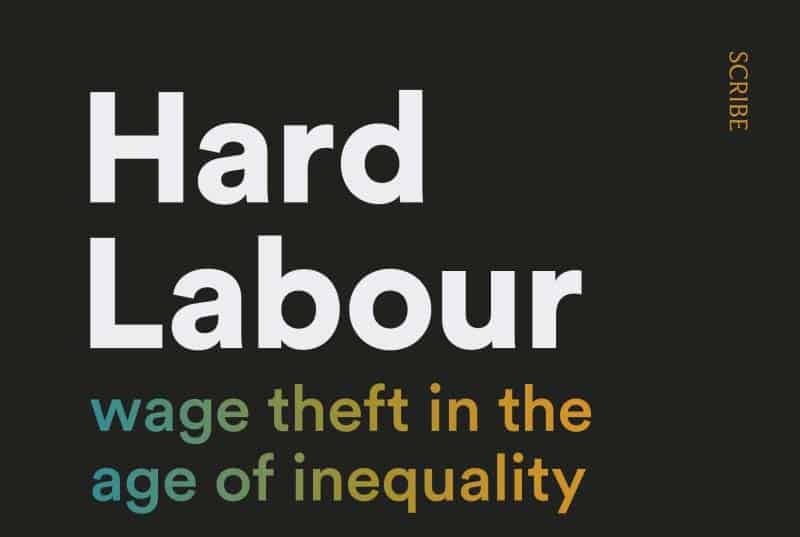Some of the recent guidance on mental health at work from occupational health and safety (OHS) regulators is not scintillating or even engaging. Their purpose is to provide information with the hope it is presented in a workplace by someone super-communicative and influential. (C’mon, really? We’re talking about OHS here.)
Luckily there is a recent easy-to-read book of fewer than 150 pages that reads like a conversation over a single afternoon with the reader about Mental Health At Work.
Continue reading “Mental health book should be influential due to lack of bullshit”






